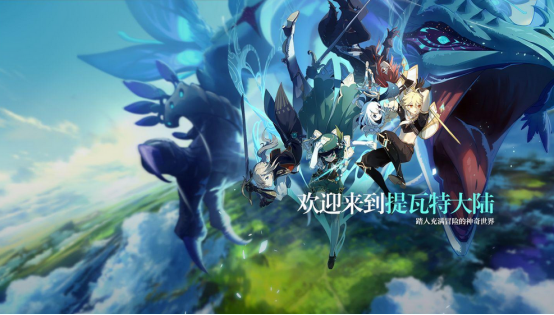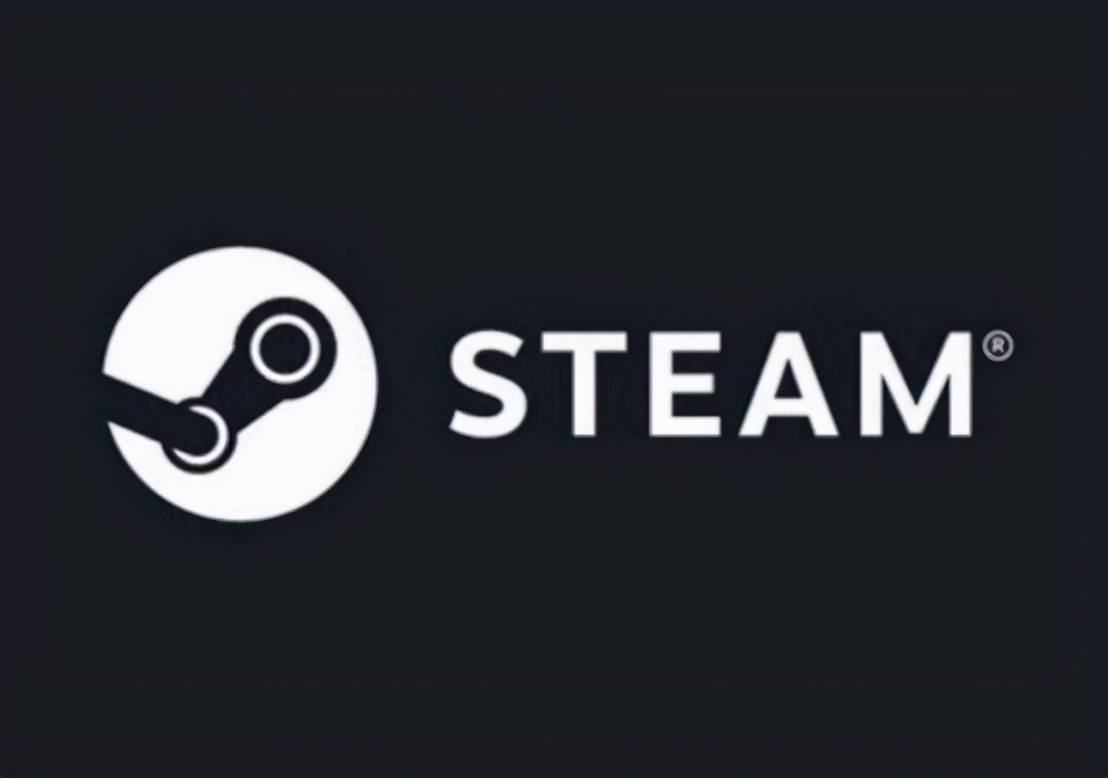Transition to commercialization is difficult and difficult, and the future of TapTap is not bright.
Android users who love to play games must be familiar with taptap.
This is a “magic” operating software. With it, you don’t have to worry about losing your game data even if you change your phone. It was especially popular with game fans in the early years.
In addition, TapTap does not charge intermodal share, does not do search engine-style paid rankings such as Baidu, and content distribution is completely dependent on the spontaneous creation of content and editorial recommendations by users in the community, which has attracted many game developers to settle in.
However, now that the channel warfare is escalating, the significance of TapTap is no longer what it used to be. Does TapTap really resist the “hard core alliance”? As a representative of emerging channels, what is the future of TapTap?
There are so many mobile game platforms, why does TapTap stand out?
TapTap is a mobile game community platform operated by Xindong. It has been 5 years since its establishment in 2016, and it is also a prominent mobile game community in China.
It mainly provides players with a mobile game resource library, and provides developers with a “one-stop service” for testing, publishing and interacting with players. Explosive models such as “Hundred Scenes of the South of the Yangtze River” and “The Strongest Snail” are all from TapTap.
According to the company’s investigation, TapTap’s parent company is Xindong Network Co., Ltd., which has completed 5 rounds of financing. In 2017, it received nearly 200 million yuan investment from Youzu and Sanqi Mutual Entertainment. B war 950 million Hong Kong dollars strategic investment, strong in the capital market.
So, why is TapTap able to stand out among a lot of mobile game platforms and get the favor of capital? Where is its success?
(1) Low rake and “vertical community” attributes attract more game manufacturers.
If the game is to be successfully launched, it needs to go through many links and high costs. For example, if a game wants to be put on the Android App store or IOS, it needs to go through a complicated review process. However, in TapTap, only the game manufacturer needs to register the developer, and there is no need to pay additional fees for the game to be listed, which is efficient and concise.
Moreover, for uncompetitive non-head players, TapTap chooses to use bidding advertising as its core business model, with zero commission for free games, and the harvest of paid games is reduced to 5%. The low commission attracts more developers. By. In addition, TapTap adopts a vertical community model. The biggest advantage for developers is that they can achieve precision marketing, which can reduce testing costs and improve the effectiveness of game testing feedback.
Currently, on the scale of game developers, 2016-2020In the first half of the year, the number of TapTap registered developers increased from 738 to 13,000; platform MAU increased to 24.8 million, a year-on-year increase of 51.9%. This shows that TapTapA is accelerating the attraction of high-quality developers, and the presence of high-quality developers makes the platform content It is guaranteed, so that the entire community develops better.
(2) Strong community culture, positioning game channel community platform.
Unlike other ordinary game application markets, TapTap’s game content is very comprehensive. There are not only game products (PGC content) from major manufacturers, but also KOL output (PUGC content) from game practitioners, game media, game commentary, etc., as well as content for ordinary users (UGC content). The three contents of PGC, PUGC and UGC are fully developed and complement each other to form a unique platform tone.
TapTap’s user activity is very high. In the first half of last year, TapTap posted 3.4 million new posts, a year-on-year increase of 143.0%. However, even if TapTap has become a domestic head mobile game platform, its future is still confusing.
Especially now that the channel warfare is escalating, many manufacturers have turned their attention to TapTap, but can TapTap really resist mainstream game channel vendors?
The “channel war” continues to escalate. Can TapTap really resist the “hard core alliance”?
As a game channel community, the value of TapTap has become more prominent after the “mobile game revolution”.
In August last year, EpicGames, the developer of the popular game “Fortnite” (Fortnite), launched a fight against Apple’s AppStore; in 2020, Mihayu’s “Original God” and Lilith’s “Awakening of Nations” turned out. It has successively announced that it will not enter the mobile phone application market, provoking a “war” in the mobile game industry; on January 1 this year, Huawei removed Tencent games from the platform again, and the channel warfare escalated again.
In the gaming circle, channel vendors are very severely oppressed by gaming manufacturers. In mainstream intermodal transportation channels, the turnover is basically as high as 50%, and these channel chambers of commerce will rate games based on data such as daily activity, monthly activity, and ARPU, so as to determine the recommended position and recommended duration. Big IP game products sufferIt’s hard to say that non-head products can hardly have a bright future.
Therefore, at this time, no money is taken. TapTap, which only relies on advertising to make profits, is like a magical weapon. Large and small manufacturers have invested in TapTap. The success of “Original God” and “Awakening of Nations” illustrates the decline of traditional distribution channels in the mobile game market and the huge potential of emerging channels.
As of today, the cumulative download volume of “Yuan Shen” on TapTap has exceeded 11 million, ranking 15th in the hot list, and the game has been rated as high as 190,000 times. “The Awakening of Nations” has also been viewed on the TapTap forum. 1.64 million times, it is quite popular.
But this is still just an example. “The Original God” and “The Awakening of Nations” were originally excellent works by major manufacturers, but not every game can achieve such an achievement on TapTap, compared to mainstream games Channels, the emerging channel provider TapTap still has many obvious shortcomings.
In terms of user volume, there is still a big gap between TapTap, which has tens of millions of users, and mainstream channel platforms. According to Xindong’s 2020 financial report data, the average number of TapTap domestic monthly active users has reached 25.7 million. In overseas markets, the average number of monthly active users of TapTap is 4.813 million.
So what about the mainstream game channels in China? Take Huawei as an example. At the end of 2020, Huawei’s games have exceeded 210 million monthly active users. In the past year, vivo’s cumulative domestic monthly active users in its app stores and game centers reached 360 million. Tencent App Bao’s monthly active users exceeded 240 million as early as 2018.
The popularity of TapTap has not been fully opened yet, and the traffic is limited. Even in the overall ranking of the App Store, TapTap is only ranked as the most popular in more than 100, and more time is hovering away from hundreds of people, not a very popular application.
One more thing I have to mention is that TapTap is very much like a “tool man” and is a bargaining chip for popular IP game manufacturers to fight against mobile app stores. Take “Yuan Shen” as an example. TapTap was first launched, and after the fire, “Yuan Shen” was finally re-launched on the Xiaomi App Store. The score is 7:3 in proportion to Xiaomi’s talk, which is a bit of a feeling of “crossing the river and breaking the bridge”. If things go on like this, TapTap’s rights cannot be guaranteed.
The transition to commercialization is difficult and difficult, and the future of TapTap is not bright
In the ever-changing game market, many people find it difficult to predict the next step of TapTap.
On the bright side, TapTap has received a large amount of financial support from B and Ali. In the future channel battles, it can also be regarded as an allied army. Recently, Bilibili announced that it will spend about 960 million Hong Kong dollarsStrategic investment in Xindong. This is Bilibili’s first large investment since its listing in Hong Kong. In addition, Xindong.com announced that it will raise US$420 million through convertible bonds and placement, and Alibaba and Station B will jointly participate in the placement.
So in the future game market, there will be a protracted battle between the strong channels of domestic mobile hard-core alliances and the emerging channels represented by Station B, TapTap, and Ali Jiuyou, and the war also means that there is interest. Will be reassigned.
The weakness lies in the fact that TapTap’s commercial realization problems and how to maintain platform tonality on the way to breaking the circle cannot be solved.
In the business model, TapTap does not charge, and only relies on advertising to maintain business. However, TapTap’s advertising business is still in its infancy. According to official website data, the entire TapTap platform has only a few advertising spaces. Judging from the 2020 financial report, the advertising information service with TapTap as the main source of revenue is about 15% of the company’s revenue. %about. Its year-on-year growth rate plummeted from 50% in 2019 to 12.2% in 2020. This is too far from the big buyers like Tencent and Byte.
Moreover, as a niche platform, TapTap is very easy to lose platform tonality on the way to mass commercialization. At the beginning of its establishment, TapTap rejected the navy and swiping the rankings. All evaluations, scores, and rankings of the platform came from real feedback from players. The unique atmosphere attracts high-quality fans.
However, as TapTap gradually “breaks the circle”, it is difficult to stop the subjective behavior of malicious scoring, the community is also difficult to control, and the atmosphere is constantly diminishing. This has always plagued Station B and Douban. The commercialization of breaking the circle traffic is a long process. While breaking the circle of niche platforms, how to maintain the tonality of a platform requires in-depth thinking.
However, the ambitions of TapTap, which is the benchmark of Steam, are great. It is not satisfied with existing achievements. While establishing a core mobile game player community, it is committed to developing a diverse ecological environment.
After checking the intellectual property information of the inquired companies, it was found that in the past six months, TapTap applied for registration of multiple TAP LIVE, TAP cloud play, and TAP accelerator trademarks. Follow-up TapTap will continue to deepen in the direction of internationalization, communityization and cloud gaming.
However, on the way to internationalization, supervision is also a sharp sword hanging over TapTap’s head. TapTap used to be in ChinaFor providing unreviewed and approved downloads of overseas games, they were fined more than 310,000 yuan for 3 months of online game operation activities.
Since then, some high-quality foreign games in TapTap have been removed from the shelves, and the reduction in the types of games has immediately lost many users. And more importantly, TapTap has greatly increased the difficulty of introducing international games. If it is not possible to introduce international games in the first time, TapTap will never be able to compare with Steam, and the development of its overseas markets will also be greatly frustrated, because Steam is an international platform.
In short, now that traditional channels are weakening, and the war between big IP and channel providers continues to escalate, TapTap’s current brilliance is more given by the times, but if you want to develop in the future, you still have to rely on yourself to run a healthy and benign one. The business model maintains a strong stickiness with users in the course of major development and achieves differentiated competition.
Author: rather lack
Source of this article: Songguo Finance

